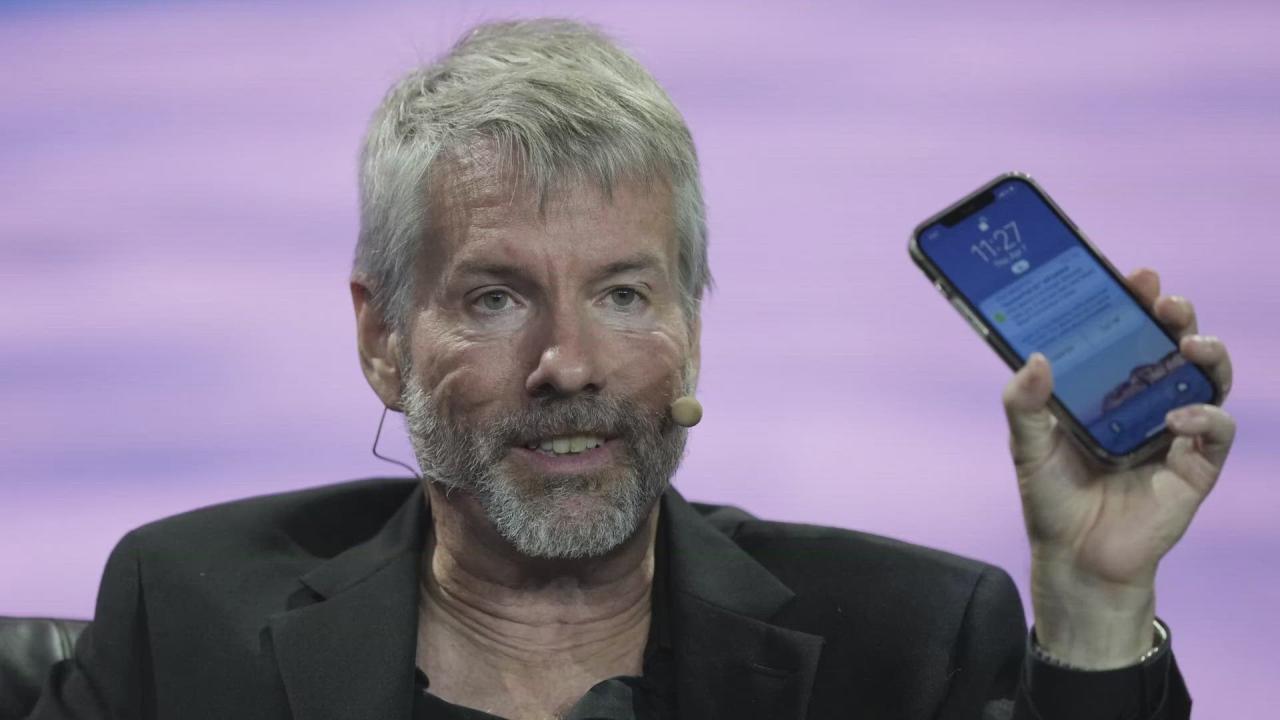Apple to pay $95M to settle lawsuit accusing Siri of eavesdropping – this headline reveals a significant legal battle concerning the privacy implications of voice assistant technology. The lawsuit alleged that Siri, Apple’s virtual assistant, was secretly recording and storing users’ conversations without their explicit consent, raising serious concerns about data privacy and the ethical considerations surrounding such technology.
This settlement marks a turning point, forcing a reevaluation of how voice assistants handle user data and highlighting the growing public awareness of privacy issues in the digital age.
The case involved numerous plaintiffs who claimed their private conversations were collected and potentially misused by Apple. Apple, in response, denied any intentional wrongdoing but ultimately agreed to a substantial settlement to avoid protracted and potentially costly litigation. This decision underscores the considerable risks associated with data breaches and the increasing scrutiny faced by tech giants concerning user privacy.
The settlement’s implications are far-reaching, influencing not only Apple’s future practices but also setting a precedent for other companies developing similar technologies.
Apple’s $95 Million Siri Eavesdropping Settlement
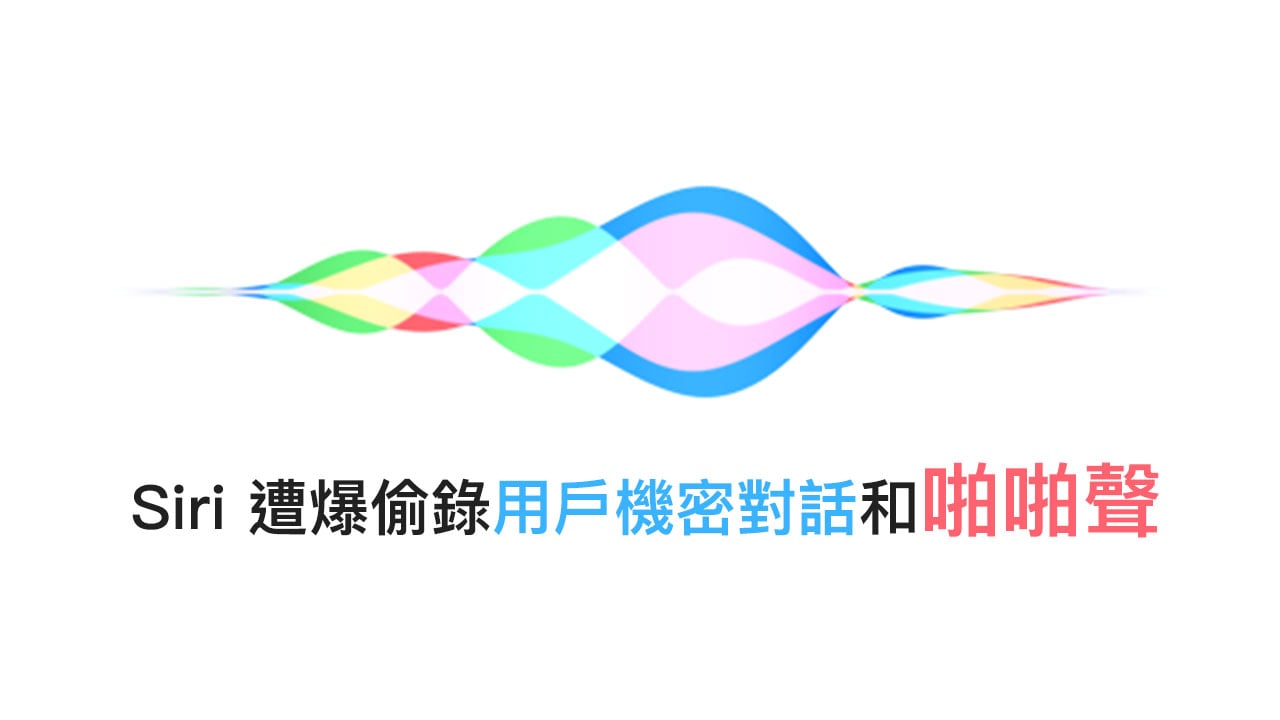
Apple recently agreed to pay $95 million to settle a class-action lawsuit alleging that its virtual assistant, Siri, secretly recorded and stored users’ conversations without their explicit consent. This settlement marks a significant development in the ongoing debate surrounding the privacy implications of voice assistant technology and highlights the potential legal ramifications for tech companies handling sensitive user data.
The Lawsuit’s Allegations, Apple to pay M to settle lawsuit accusing Siri of eavesdropping
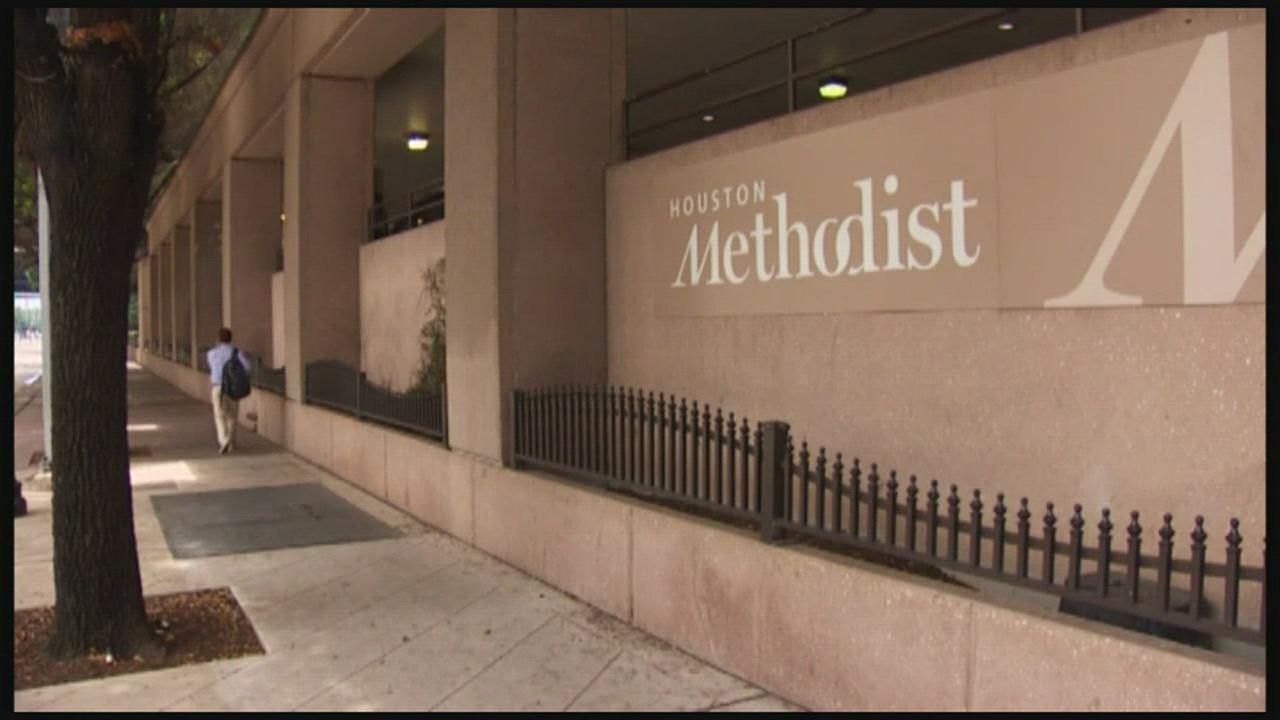
The lawsuit centered on claims that Siri’s “always-listening” functionality, designed to activate upon hearing the wake word “Hey Siri,” inadvertently captured and transmitted private conversations even when users weren’t actively engaging the assistant. Plaintiffs argued that this constituted a violation of privacy laws, as Apple allegedly failed to adequately inform users about the extent of data collection and lacked sufficient safeguards to prevent unauthorized recordings.
Specific instances cited in the lawsuit included recordings of private conversations, sensitive medical information, and confidential business discussions being unintentionally captured and potentially accessed by Apple or third-party contractors. Plaintiffs argued that Apple’s data collection practices violated various state and federal wiretapping and privacy laws, leveraging precedents set in previous cases involving unauthorized data collection.
The plaintiffs’ legal arguments focused on Apple’s alleged failure to obtain informed consent for the collection of this data, emphasizing the lack of transparency regarding Siri’s data collection practices. They argued that users were unaware of the potential for unintended recordings and lacked the ability to effectively control the scope of data collection.
| Date | Claim | Apple’s Response | Supporting Evidence |
|---|---|---|---|
| Various Dates (Unspecified in Public Documents) | Unauthorized recording of private conversations. | Apple denied intentionally recording conversations without user consent, attributing incidents to accidental activations. | Plaintiff testimonies, anecdotal evidence of unintended recordings. |
| Various Dates (Unspecified in Public Documents) | Storage of sensitive personal data without proper security measures. | Apple asserted robust security protocols were in place. | Plaintiffs’ arguments challenging the efficacy of these protocols. |
| Various Dates (Unspecified in Public Documents) | Lack of transparency regarding data collection practices. | Apple maintained that its privacy policies were clear and accessible. | Plaintiffs’ arguments that policies were insufficiently clear about the extent of data collection. |
Apple’s Response and Settlement
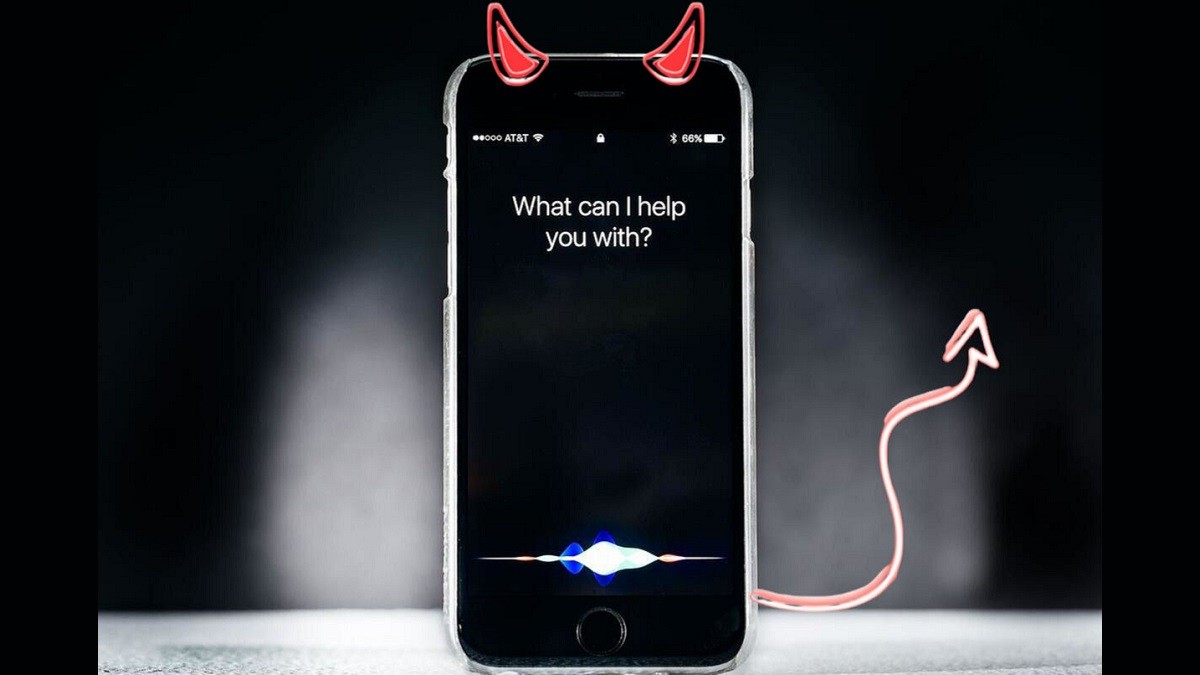
Apple initially denied the allegations, stating that Siri was designed to only record audio after detecting the wake word. However, they ultimately chose to settle the lawsuit. This decision likely reflects a cost-benefit analysis, weighing the potential costs of protracted litigation and negative publicity against the financial settlement. The settlement avoids the uncertainty and potential for a larger judgment at trial.
The settlement, while substantial, might be viewed as a less expensive option than years of legal battles.
Apple’s $95 million settlement for Siri’s alleged eavesdropping highlights the complexities of tech privacy. Think about the sheer scale of manufacturing involved in creating those devices – it’s mind-boggling when you consider that much of it happens in China, as detailed in this insightful Hacker News article: China is the manufacturing superpower | Hacker News. This really puts the settlement into perspective, showing how a global supply chain impacts even something as seemingly localized as a virtual assistant’s data collection.
The settlement’s implications for Apple’s future practices include increased scrutiny of their data collection and privacy policies. They might be expected to implement more robust safeguards to prevent unintended recordings and enhance transparency in their data handling practices.
The $95 million settlement is substantial, but comparable to other significant privacy-related settlements in the tech industry.
- Facebook’s $5 billion settlement with the FTC in 2019 for privacy violations.
- Google’s various settlements related to location tracking and data privacy.
Siri’s Privacy Features and Practices
Siri’s privacy features include the ability to review and delete Siri recordings, and settings to control what data is shared with Apple. Apple describes how Siri collects user data primarily to improve the accuracy and functionality of the virtual assistant. Data collected might include voice recordings, user requests, and usage patterns. This data is supposedly anonymized and aggregated for analysis.
Potential vulnerabilities remain, including the possibility of unintended recordings, data breaches, and the potential for sophisticated attacks to circumvent privacy safeguards. While Apple claims strong security measures, the possibility of vulnerabilities remains a concern.
Apple’s $95 million settlement over Siri’s alleged eavesdropping highlights the importance of data privacy in tech. If you’re a skilled developer concerned about these issues, maybe you should check out full stack developer freelance opportunities and rates to find projects aligned with your values. Building secure systems is crucial, and this settlement shows just how costly data breaches can be.
Managing Siri’s privacy settings is crucial. Here’s how users can do so:
- Open the Settings app on your iOS device.
- Tap on “Siri & Search”.
- Review and adjust settings related to “Listen for ‘Hey Siri'”, “Siri Suggestions,” and “Share Siri & Dictation Data”.
- Access and review your Siri and Dictation history and delete recordings if desired.
Impact on Consumer Trust and Data Privacy
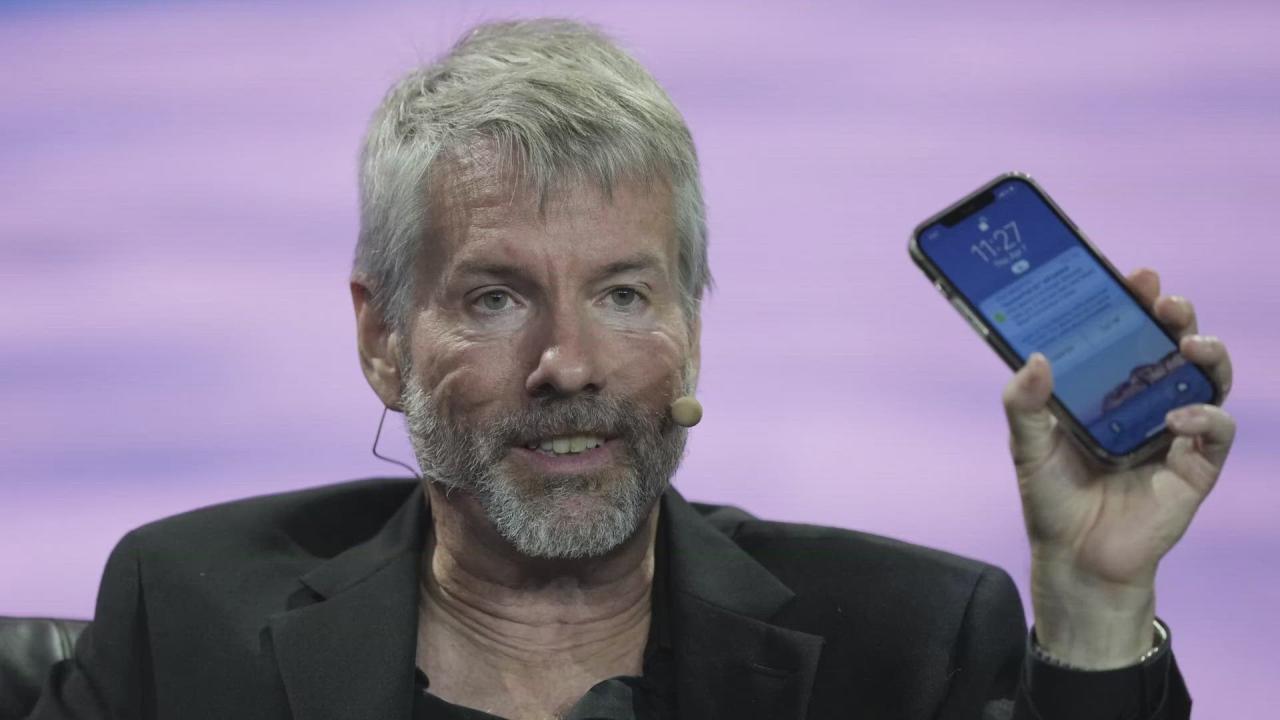
This lawsuit undoubtedly impacted consumer trust in Apple products, raising concerns about the company’s commitment to user privacy. The settlement reinforces the importance of transparency and informed consent in data collection practices. It also highlights the ongoing tension between technological innovation and the protection of individual privacy rights.
The ethical considerations surrounding voice assistant technology are significant. The constant listening capability raises questions about the balance between convenience and privacy. The potential for misuse of collected data, even unintentionally, requires careful consideration. This case highlights the need for robust ethical frameworks and regulations to guide the development and deployment of this technology.
A hypothetical public service announcement (PSA) could feature a friendly, approachable cartoon character representing a voice assistant, alongside text highlighting the importance of reviewing privacy settings and understanding how voice assistants collect data. The visual style would be bright and cheerful, avoiding any sense of alarm. The narrative would focus on empowerment, explaining how users can take control of their privacy settings.
The PSA would conclude with a clear call to action, encouraging viewers to review their voice assistant’s privacy settings.
Future Implications for Voice Assistant Technology
This lawsuit will likely lead to increased scrutiny of voice assistant technology and prompt changes in design and development practices. Companies are expected to prioritize greater transparency regarding data collection, implement more robust security measures, and provide users with more granular control over their privacy settings.
The potential for future lawsuits remains high, particularly as voice assistant technology becomes more ubiquitous and sophisticated. Companies must proactively address privacy concerns to mitigate legal and reputational risks. This requires a commitment to responsible data handling, ethical design principles, and proactive transparency.
Recommendations for improving voice assistant privacy include implementing stronger encryption, minimizing data retention periods, and providing users with clearer and more accessible controls over data collection and usage. Regular security audits and independent verification of privacy claims are also essential.
Best practices for companies developing voice assistant technology include:
- Prioritize privacy by design.
- Implement robust security measures.
- Ensure transparency in data collection practices.
- Provide users with meaningful control over their data.
- Conduct regular security audits.
- Comply with all relevant privacy laws and regulations.
Final Wrap-Up: Apple To Pay M To Settle Lawsuit Accusing Siri Of Eavesdropping
The $95 million settlement in the Siri eavesdropping lawsuit serves as a stark reminder of the importance of user privacy in the age of voice-activated technology. While Apple’s decision to settle avoids a drawn-out court battle, it also highlights the growing public awareness and intolerance of potential privacy violations by tech companies. This case will likely prompt a broader discussion about responsible data handling, transparent privacy policies, and the need for stricter regulations governing the collection and use of personal data by voice assistants.
Apple’s shelling out $95 million to settle a lawsuit claiming Siri was secretly listening – a big privacy concern. This highlights the importance of understanding how technology impacts our lives, especially considering the U.S. Surgeon General Issues New Advisory on Link Between mental health and tech use. The Siri settlement underscores the need for better data protection and transparency from tech giants.
The future of voice assistant technology hinges on addressing these concerns effectively and rebuilding consumer trust.
Question Bank
What specific types of data did the lawsuit allege Siri collected?
The lawsuit alleged Siri collected a range of data, including conversations, location data, and potentially sensitive personal information.
How did Apple respond to the allegations before settling?
Apple initially denied any intentional wrongdoing, citing security measures in place to protect user data. However, they ultimately decided settling was the best course of action.
What changes, if any, has Apple made to Siri’s privacy settings since the lawsuit?
While specifics weren’t publicly detailed as part of the settlement, it’s likely Apple has reviewed and potentially enhanced Siri’s privacy features and data handling processes.
Will similar lawsuits against other tech companies likely follow?
Yes, this case sets a precedent and may encourage more lawsuits against other companies developing voice assistant technology, raising the bar for privacy protections.
